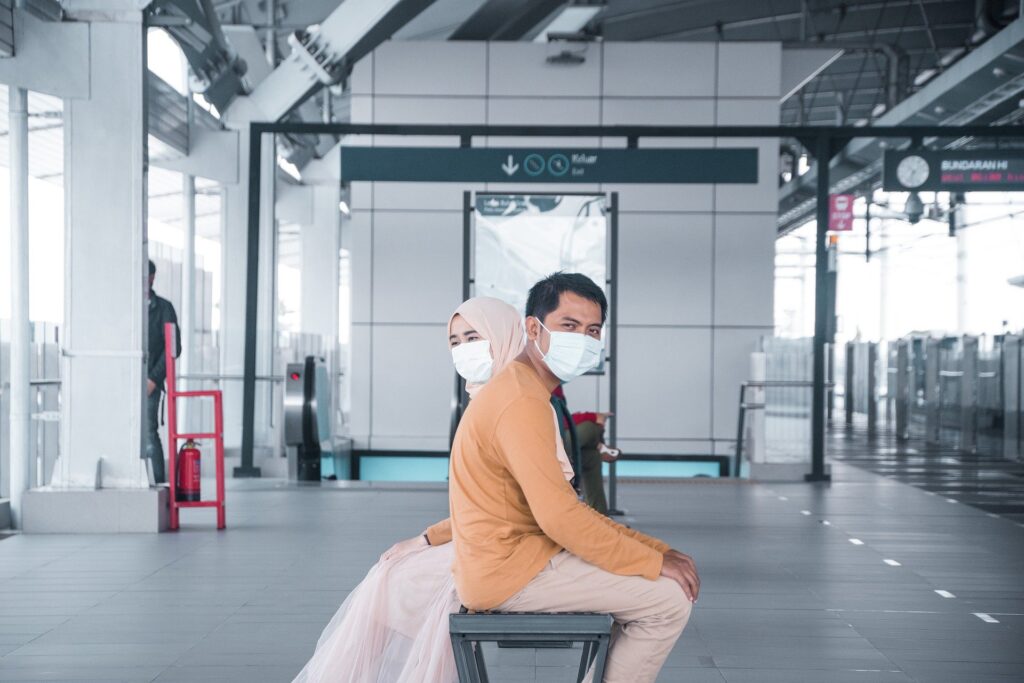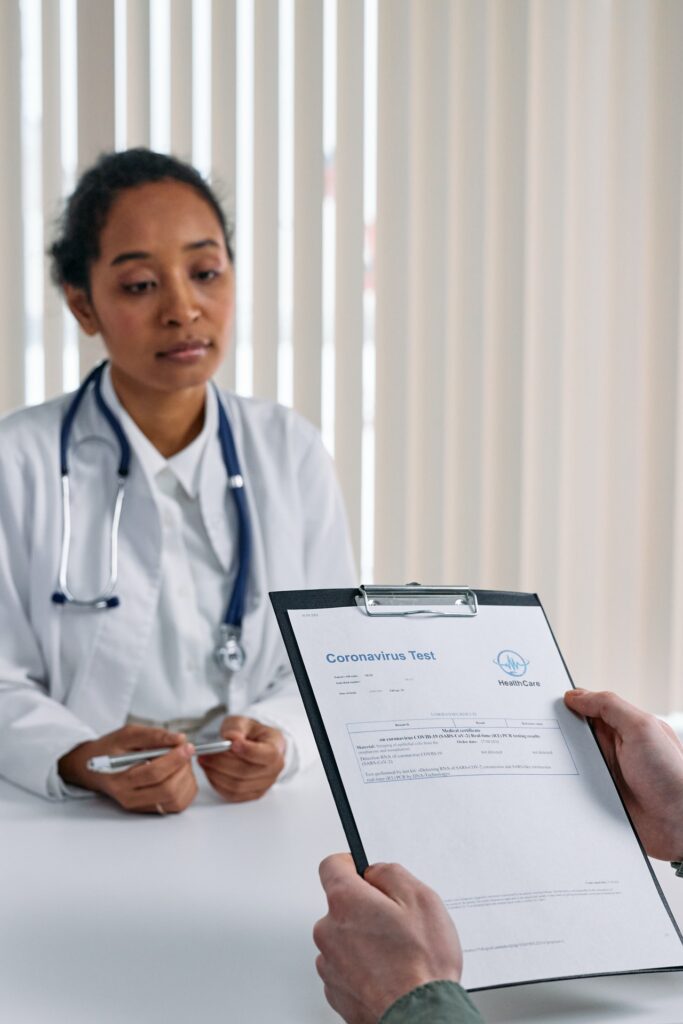Why Book A PCR Test In London When Travelling To India?

Coronavirus is here to stay, as we keep seeing new variants more dangerous and infectious than their predecessors. In a world where the enemy can easily hide into someone’s body and cross borders, it is better to be cautious and over-prepared. And that is why the PCR test is largely considered an effective tool in the early detection of the COVID-19 virus. By choosing to take the PCR test in London you are committing to a more accurate and thorough test. that will essentially bring you peace of mind and a less stressful journey, knowing that you took all the advised measures in avoiding the spread of the virus.

What You Should Know About PCR Test In London
The PCR test is a genetic analysis process that detects small amounts of viral DNA. This technique makes it possible to detect early signs of infection. It works by copying a small amount of genetic material several times to make it more visible. It is a valuable diagnostic tool that is a good alternative to conventional lab tests, which may miss early symptoms of the disease. However, it can be expensive and time-consuming, so it is often only used by centralized testing facilities.
The PCR test is a clinical test, so you can take a PCR test in London with a preliminary booking made at a specialised clinic, or you can order one to be delivered at your house and then send it to the lab after you take it. The PCR test is easy to perform at home, but you must be aware of the risks. This procedure will involve swabbing the back of your throat to collect the bacteria, viruses, and mucus in your tonsils. Just make sure to wash your hands thoroughly before starting the test and use a hand sanitiser to prevent contamination.
The PCR test in London is a highly accurate diagnostic test, allowing doctors to find out whether a person is infected with the coronavirus. It’s especially important for detecting a disease when it’s still in its early stages, as the virus can have already multiplied before symptoms appear. Another benefit of the PCR test is its high sensitivity. Even if a person is infected with a small amount of the virus, a PCR test can still find it, and if it is not, a doctor can prescribe a course of antibiotics.

How Effective Is PCR Testing?
A PCR test is one of the most common tests for HIV. It can detect pathogens such as the COVID-19 virus. It is a popular diagnostic test for detecting a wide range of diseases, for example, infections caused by RNA can also be detected by PCR.
If you are in doubt about the authenticity of a home COVID-19 PCR test kit, you can visit a lab. Many UK airports now offer rapid COVID-19 testing, and if you’re driving, you can get the test performed in your car. There is a potential risk of delays, but the results are usually accurate. The PCR test will give you an idea about the virus.
How Is The PCR Test Performed?
A PCR test is a rapid, and reliable way to diagnose the COVID virus. The sample must be collected from the back of the throat and nostrils The RNA from the sample is extracted by using chemical solutions that are designed to extract RNA. The sample is then treated to remove fats and proteins. Once the process is complete, billions of copies of the COVID virus are present in the test tube.
The PCR test in London can be performed quickly and accurately in testing centre facilities near airports or big train stations. This is an ideal solution for travellers who are on a tight schedule. The results of the COVID-19 PCR test can be reported the next day. The fee is usually about £50 to £100, depending on the test provider. In some cases, it is possible to get same-day results, though these results tend to have a higher price.
What Happens If You Test Positive?
After a patient’s illness is diagnosed after receiving a positive PCR test, he or she may need to be isolated for at least 10 days. In some cases, people choose to get a second confirmation PCR test to ensure the accuracy of the results.
PCR test in London has been paramount in the detection of the COVID-19 virus It can help prevent the spread of diseases by detecting them early and preventing them from spreading the disease to others. This type of test has a relatively low cost and no special preparations are needed.

Ryan is a journalist specializing in India’s economic landscape, covering topics like business trends, innovation, and the growth of small and medium enterprises.